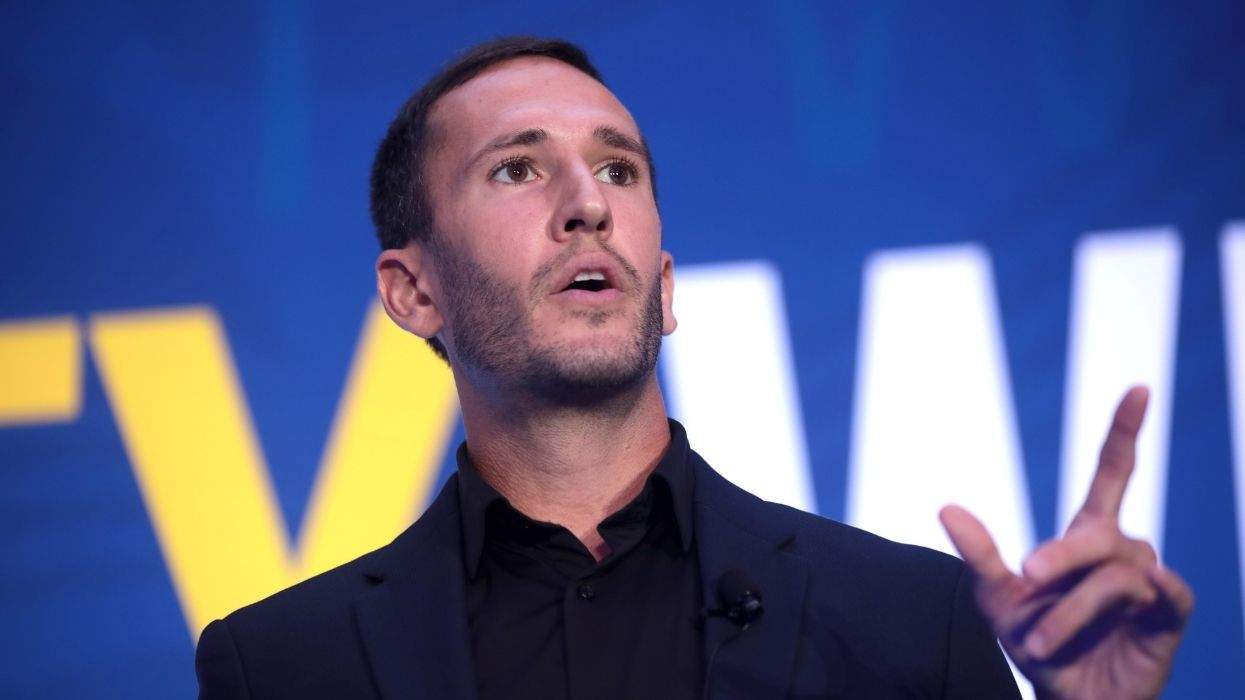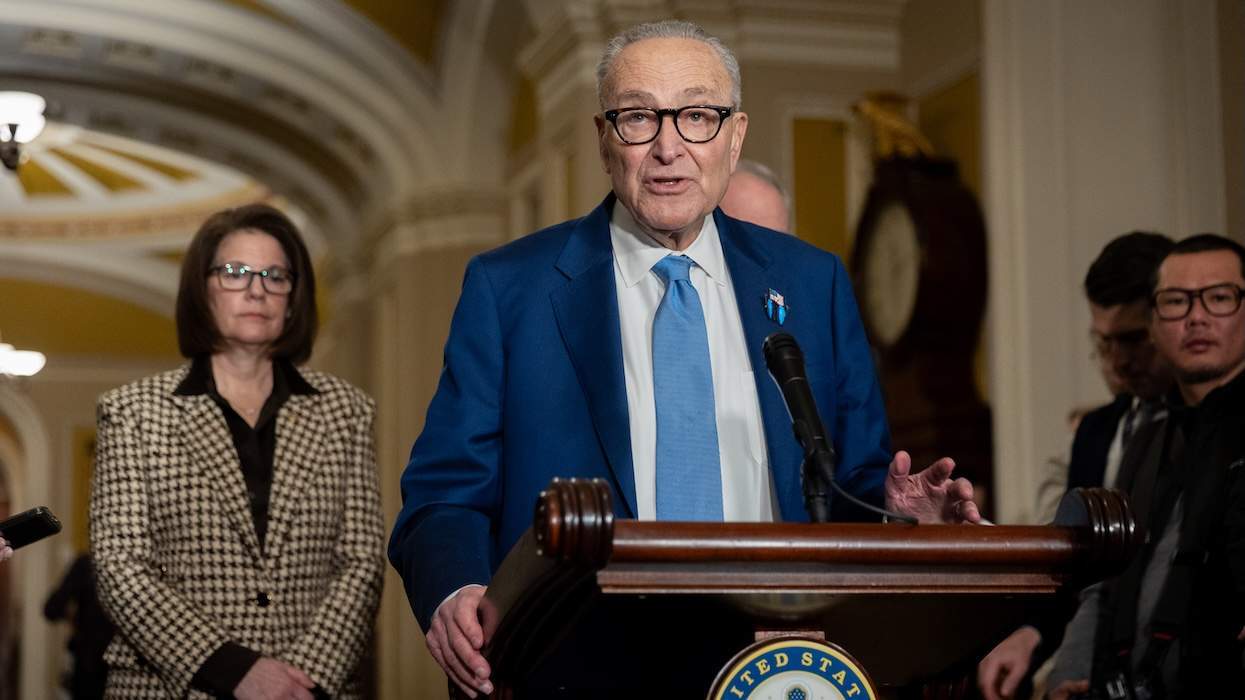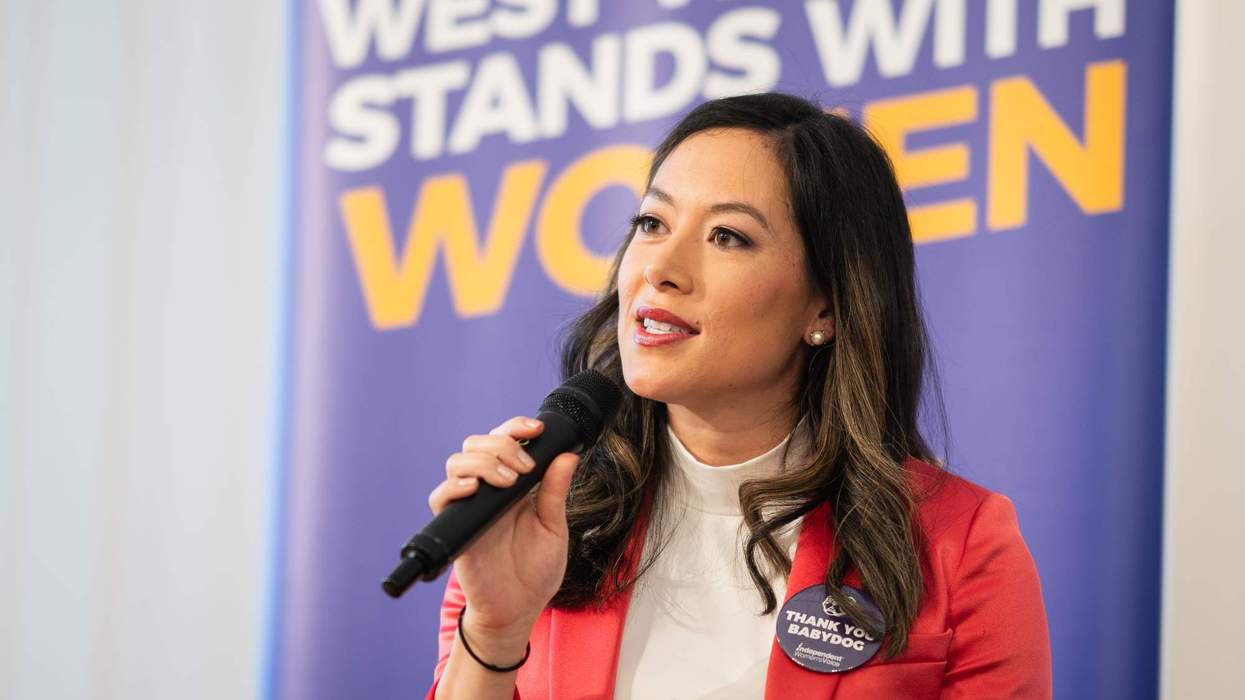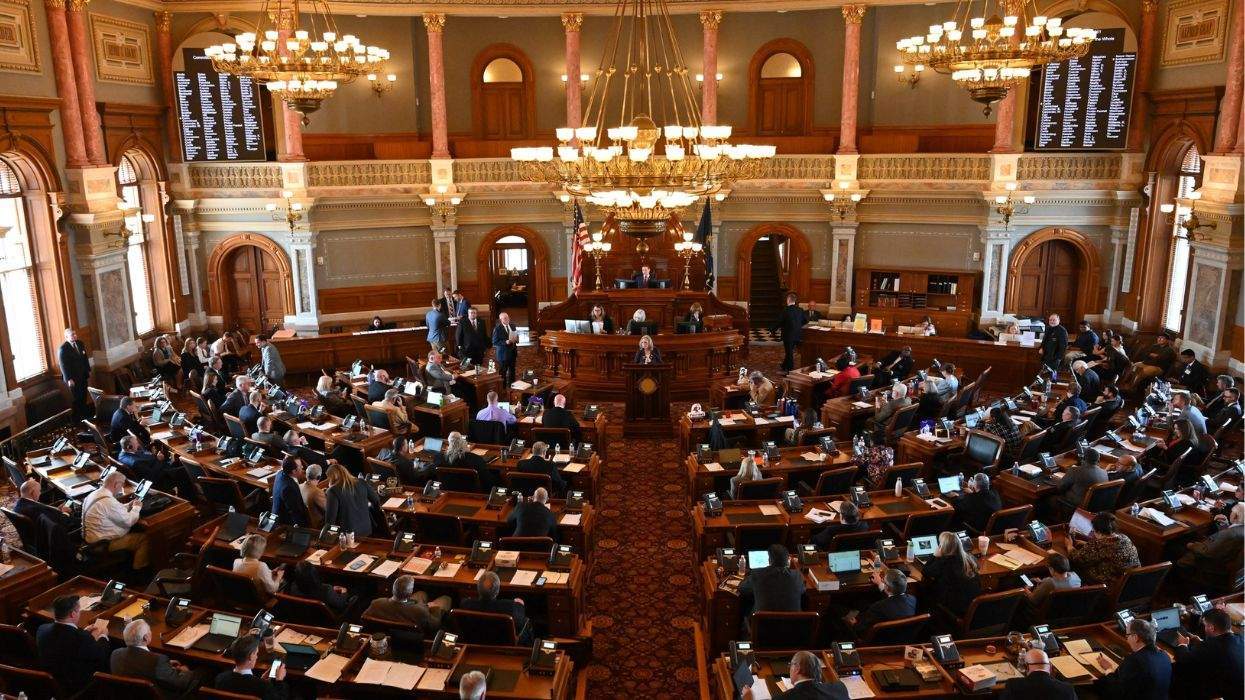COMMENTARY: The news has been fast and furious and more than any one reporter or activist can track. So let's take a step back to last week when Cleve Jones announced an October March on Washington and mayhem ensued -- was it the right time, the right use of resources, was it warranted? Some thought we should focus energy on the states -- forget the federal government, what has it ever done for us? States are where the movement is.
As the debate spiraled into outright disagreement, Stampp Corbin, a prominent LGBT supporter of Barack Obama's candidacy, was calling for a new leader to emerge in the movement -- someone who could speak with one voice and to whom politicians could listen without question. Both appeals from Jones and Corbin, in my opinion, fall into the same category as the Olson-Boies lawsuit: expressions that something -- anything -- needed to be done to seize the opportunity that appears to be senselessly slipping through our fingers.
Enter DOMA -- the Defense of Marriage Act brief filed last Friday by the Justice Department, which advanced some pretty reprehensible logic in support of a law that, by its very existence, debases and mocks the relationships that fortify our lives. The brief prompted myriad questions from activists about whether the Justice Department was compelled to defend a law to which President Obama is opposed and, further, if anyone at the highest levels of the White House had weighed its political implications.
Truth is, you get 10 lawyers in a room and they will all present differing opinions bolstered by differing arguments as to the Justice Department's legal obligations and whether the language they used was beyond the pale.
In some ways, none of that struck me as particularly important. The brief, rightly or wrongly, became a unifying moment for the movement... a rallying cry that bubbled up from the depths of our longing. Bloggers went wild, five major LGBT organizations cosigned a letter decrying the brief, our two favorite California mayors took the administration to task, and former DNC chair Howard Dean called it "a big mistake."
As the White House fought to combat criticism of the brief and appease the community, what they didn't realize was that the DOMA outcry was merely a lightning rod for months of bumbling and snubbing and tiptoeing around LGBT issues altogether. The combination of watching Robert Gibbs dodge all manner of LGBT-related questions for months, seeing Defense Secretary Robert Gates and National Security Adviser Gen. Jim Jones freelance a bunch of answers about kicking "don't ask, don't tell" down the road, and then, ultimately, having the president himself completely disregard the pain and anger of thousands of gay Californians who had just been denied their constitutional rights by a bare majority of voters -- it all added up to one thing: infuriation.
As longtime LGBT activist David Mixner told National Public Radio, "I've had enough! I'm 63 years old and I want to know what it's like to have all the rights and privileges of other Americans before I die."
And then we witnessed something that we have perhaps never witnessed within the course of our march for justice. Democrats extended a hand and the LGBT movement -- from big-dollar establishment donors to the grassroots troops of door knockers, phone bankers, and true believers -- turned its proverbial back.
Within the course of this week, Senate Majority Leader Harry Reid held a hate-crimes press conference and pledged to try to pass the bill by August; Rep. Barney Frank readied to introduce a trans-inclusive ENDA; President Obama held a televised LGBT-specific signing ceremony in the Oval Office in which he recommitted himself to repealing DOMA; both Gibbs and Reid said repealing DADT could happen this congress; the administration announced that it's seeking to include gay couples in the 2010 Census; and, on Friday, the Department of Justice agreed to meet with lawyers who are challenging DOMA on behalf of same-sex couples.
All the while, a steady stream of usually dependable Democratic stalwarts dropped out of a normally prestigious and well-attended LGBT DNC fund-raiser being hosted by Vice President Joe Biden on June 25 -- David Mixner, blogger Andy Towle, the Human Rights Campaign's Marty Rouse, former Clinton adviser Richard Socarides, millionaire Bruce Bastian, Gay and Lesbian Advocates and Defenders attorney Mary Bonauto, and the National Stonewall Democrats, to name a few.
In a letter to the DNC, Bruce Bastian probably said it best: "I will continue to support certain congressmen, congresswomen, and senators whom I believe will continue to fight for our rights, but I don't think blanket donations to the Democratic Party right now are justifiedaEUR|"
So there's our brave new world. Arms folded and casting a dubious look, community members now wait and watch to see if this week's events are a new beginning of mutuality or just a systematic and fleeting response from Democrats. It is, after all, an eerily familiar pattern. During the presidential primary, candidate Obama made himself available to the LGBT press twice -- once after the Donnie McClurkin imbroglio, and again following sustained criticism that he wasn't granting nearly as much LGBT access as Democratic rival Hillary Clinton.
The difference now is that a much wider array of people are registering their discontent in unison. Our rights are on the line. After the 2010 midterms, Democratic majorities will almost certainly dwindle. And within the heart of the movement, a palpable sense exists that justice delayed could literally be justice denied.















Charlie Kirk DID say stoning gay people was the 'perfect law' — and these other heinous quotes
These are some of his worst comments about LGBTQ+ people made by Charlie Kirk.